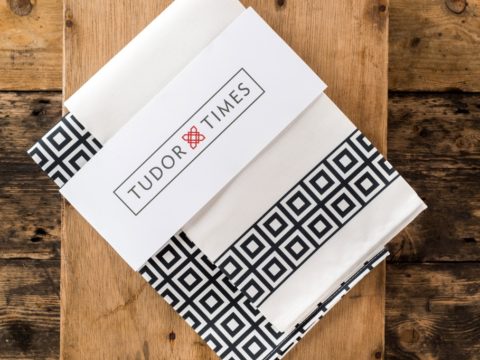James IV: Tournaments
Chapter 1: The Sport of Kings
Tournaments, in which men competed both individually and in teams, were the late mediaeval sporting equivalent of modern motor racing – so expensive that only the richest could take part, adrenaline fuelled, dangerous, and guaranteed to impress the ladies.
The sport had developed in the Middle Ages as a genuine preparation for battle, with severe injury and death amongst the protagonists not uncommon when the bouts were held "a l'outrance" – that is, to the uttermost. By the end of the fifteenth century the activities were more stylised, with concentration on skill as much as strength and proceedings were usually stopped before the death blow.

The great tournaments held in the Courts of Europe during this period were occasions for pageantry and display, as well as sporting prowess. Frequently, skilled combatants from across Europe would take part. It was not unusual for kings to take part personally, if they were sufficiently talented. The Emperor Maximilian I was a noted combatant.

James IV was as keen on tournaments as any king of his time, and spent considerable sums on armour. He had his own armourer, Alan Cochrane, but he also sent his armour to France for repairs and brought specialist armourers from France to supplement his own craftsmen.
Tournament armour was phenomenally expensive – made to measure, it was often elaborately decorated – unlike the more workaday models worn in battle. No pictures exist of James' armour exists but there are several extant suits belonging to Henry VIII, showing the different fashions over the first half of the century. A suit of jousting armour could weigh as much as 100lb (about 45 kg).

In accordance with custom James would announce a tournament to be held and invite
" all and sindrie his lordis, earleis, and barrouns (jiihilk was abill for justing or tornament to come to Edinburgh to him, and thair to exerceis themselffis for his plesour as they war best accustomit, sum to rin with speir, sum to fight with the battell axe and harnis, sum to feight with the tuo-handit suord, sum to shut the hand bow, corsebow, and collverine [an early type of hand-gun]."
Valuable prizes were given, reflecting the specific sport – thus the winner of the spear-throwing would receive a golden, ceremonial spear. Even more pleasing in an age when reputation for physical courage was important, the King's heralds would proclaim the winner as the best in the realm.

